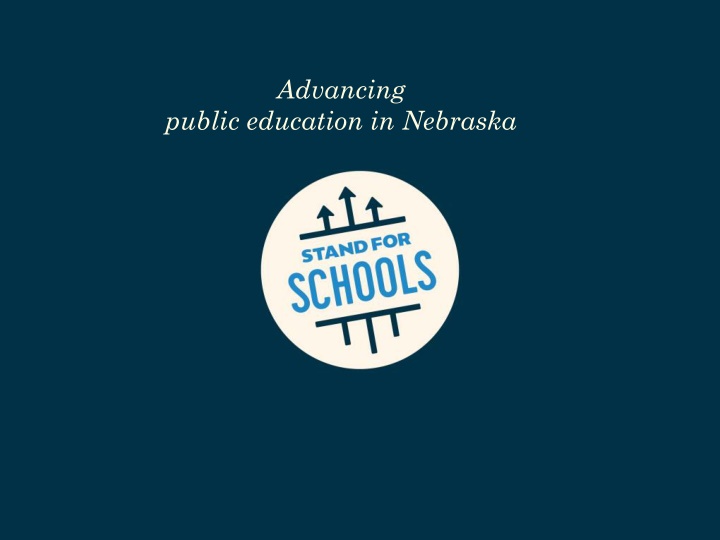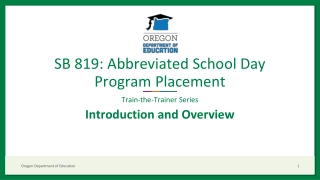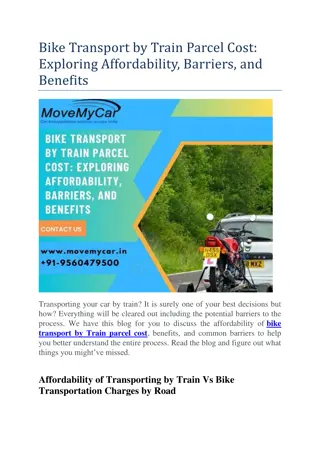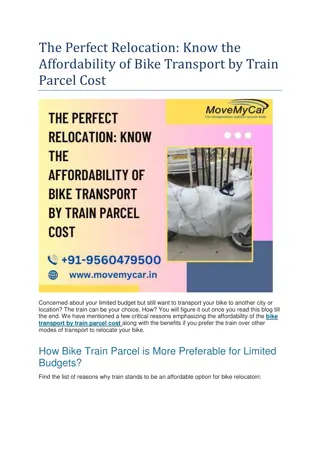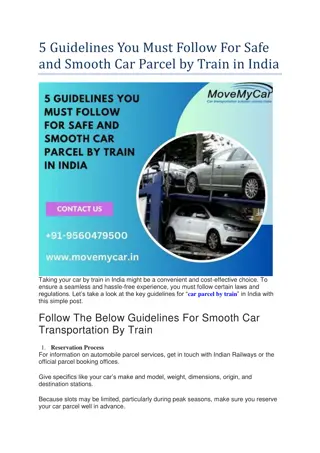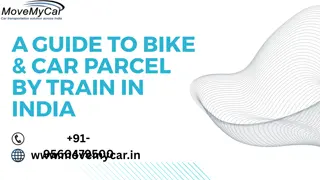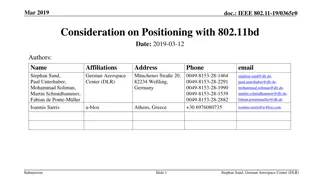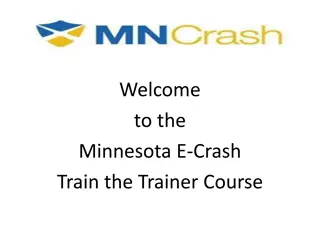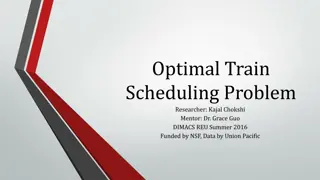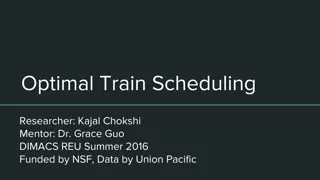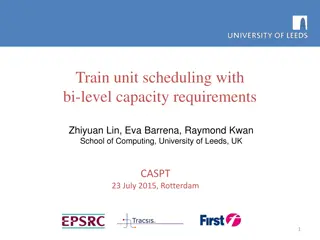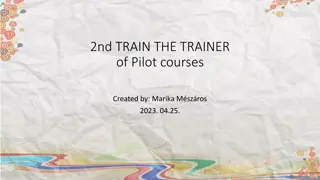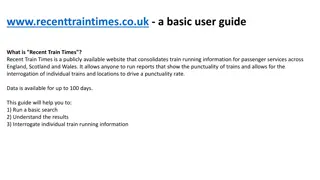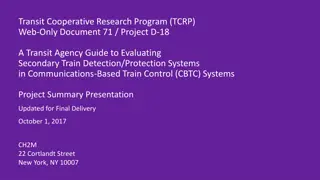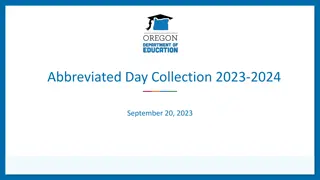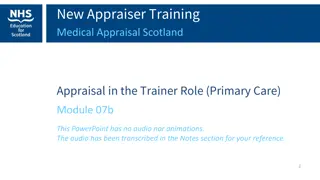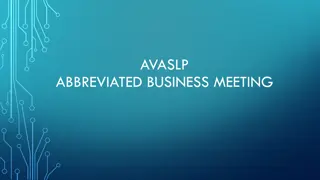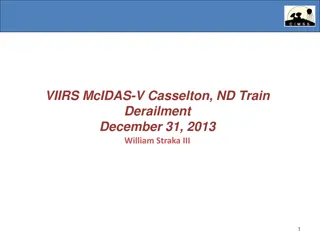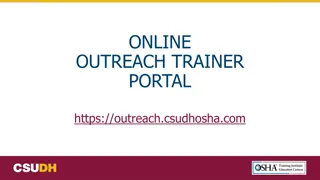Abbreviated School Day Train-the-Trainer Series
These materials are provided by the Oregon Department of Education to support public education programs' understanding of their obligations under various state laws pertaining to conducting compliant IEP and 504 meetings. The information explains the foundations of student protections under IDEA, Section 504, and ADA, emphasizing schools' responsibilities towards students with disabilities. Requirements for Abbreviated School Day IEP and 504 Meetings are outlined, detailing meeting types and specific intervals for reviews. Training in ASDP meeting requirements is stressed, particularly for 504 teams due to significant process changes.
Uploaded on Mar 03, 2025 | 2 Views
Download Presentation

Please find below an Image/Link to download the presentation.
The content on the website is provided AS IS for your information and personal use only. It may not be sold, licensed, or shared on other websites without obtaining consent from the author.If you encounter any issues during the download, it is possible that the publisher has removed the file from their server.
You are allowed to download the files provided on this website for personal or commercial use, subject to the condition that they are used lawfully. All files are the property of their respective owners.
The content on the website is provided AS IS for your information and personal use only. It may not be sold, licensed, or shared on other websites without obtaining consent from the author.
E N D
Presentation Transcript
Advancing public education in Nebraska
Stand For Schools' Successes Our story Nebraska is one of three states with no school privatization policies: no charters, no vouchers, no tax credits. Founded in 2016, Stand For Schools has successfully staved off those policies for the past two years. Nearly passed a student mental health bill this year.
Context Our state has great public schools that work. 2nd-highest high school graduation rate in the country 7th-highest college-going rate in the country Yet schools face new, long-standing, and growing challenges. Omaha is one of the most highly segregated cities in the country. Many NE school districts have seen the number of students who qualify for free and reduced lunch double in the past 15 years. We support research-based policies that help public schools better serve all students.
Threats In-state and out-of-state players Bills introduced in past 2 years: ALEC playbook: Charter schools, vouchers, grading schools A-F Advanced from Committee; defeated by Legislature in 2018 Tax credits Significantly modified Mandatory 3rdgrade reading retention
Our Strategy (inside baseball) Know the rules. 501(c)3 organizations can spend up to 20% of their resources, including staff time, on lobbying. Does not include volunteer time. Partner with existing education policy organizations and school districts. Build relationships with policymakers (Education Committee) and learn how to count votes. Ten-12 calls to a state senator from their constituents can change their vote if they are on the fence, in our experience.
Our Strategy (external) Build partnerships with existing community organizations. Listen to local leaders; faith leaders have been especially critical in Nebraska. Public schools are not a partisan issue in NE; 85% of Nebraskans support them. Don t overly politicize the discussion. Write letters to the editor. Engage on social media. Know your audience and lean on culture.
Source: American Nations: A History of the Eleven Rival Regional Cultures of North America, Colin Woodard, 2011.
